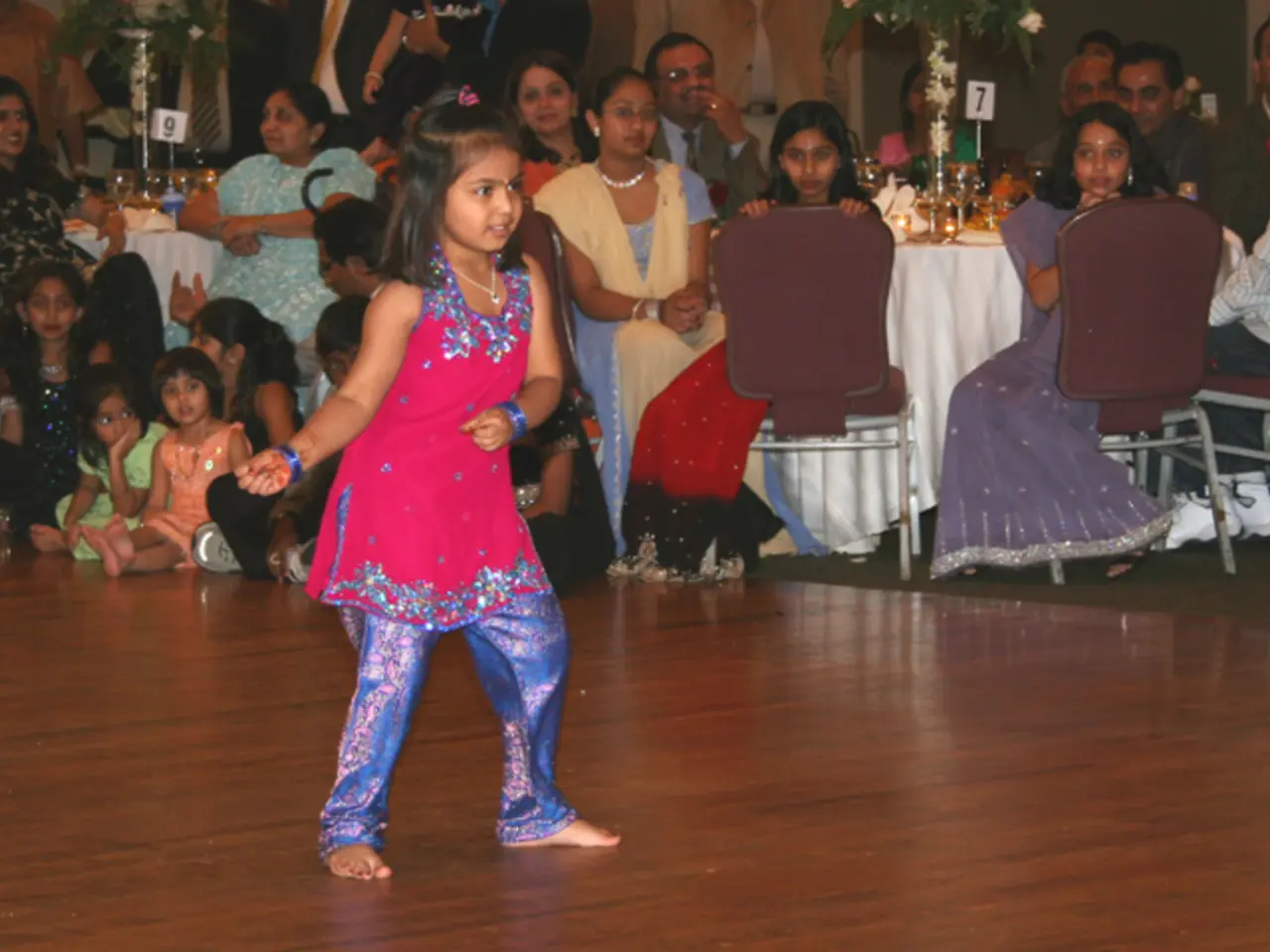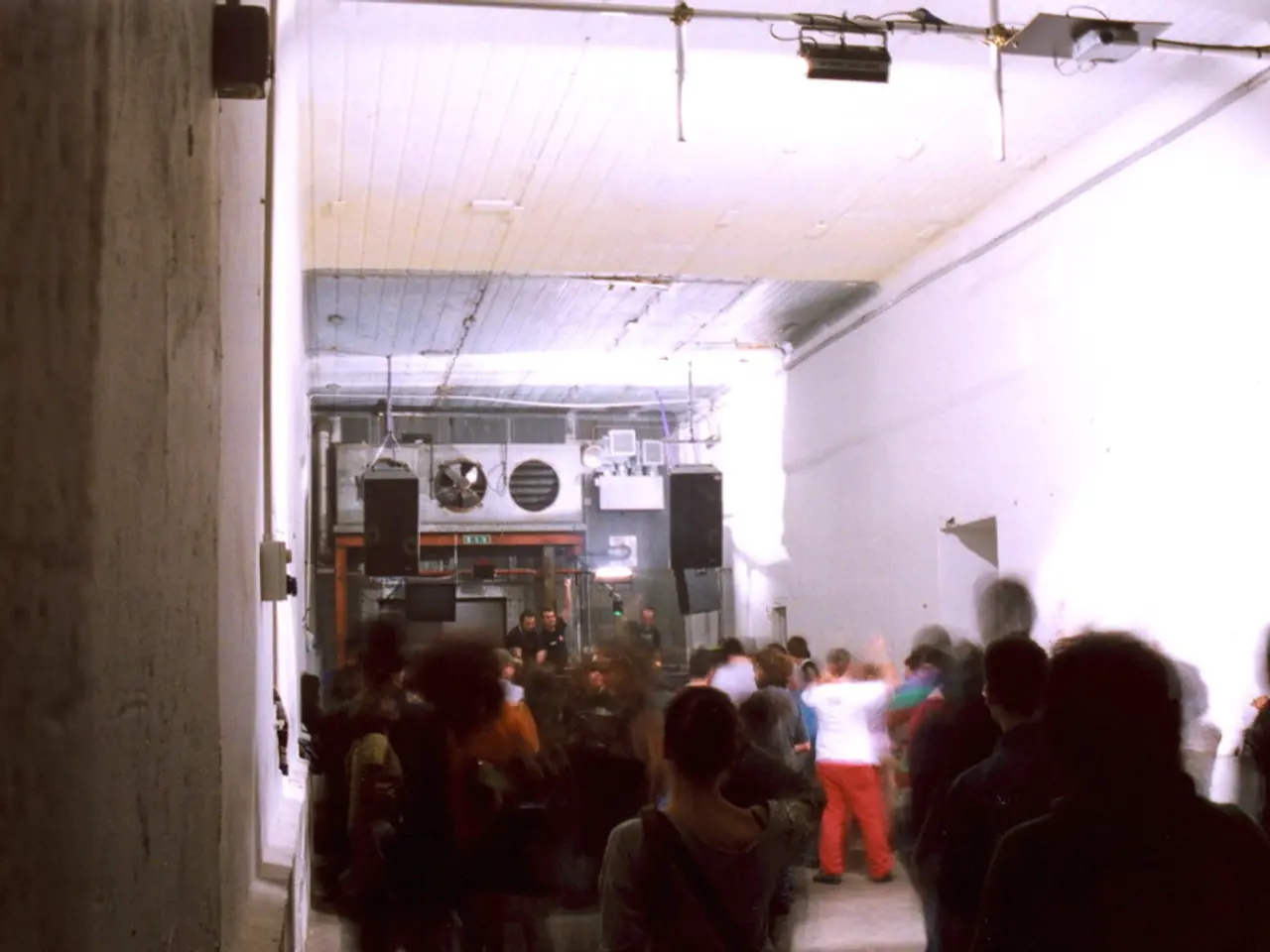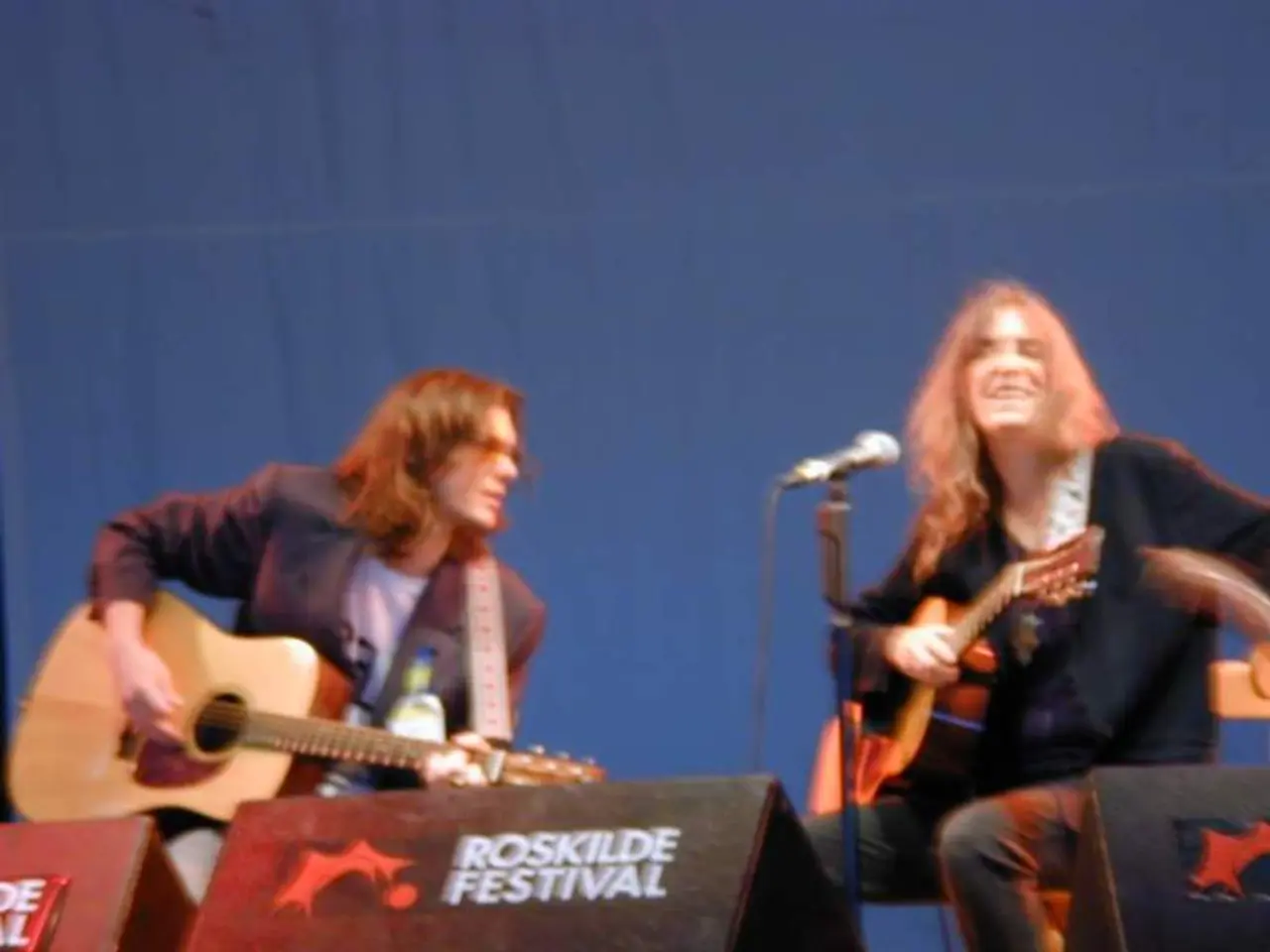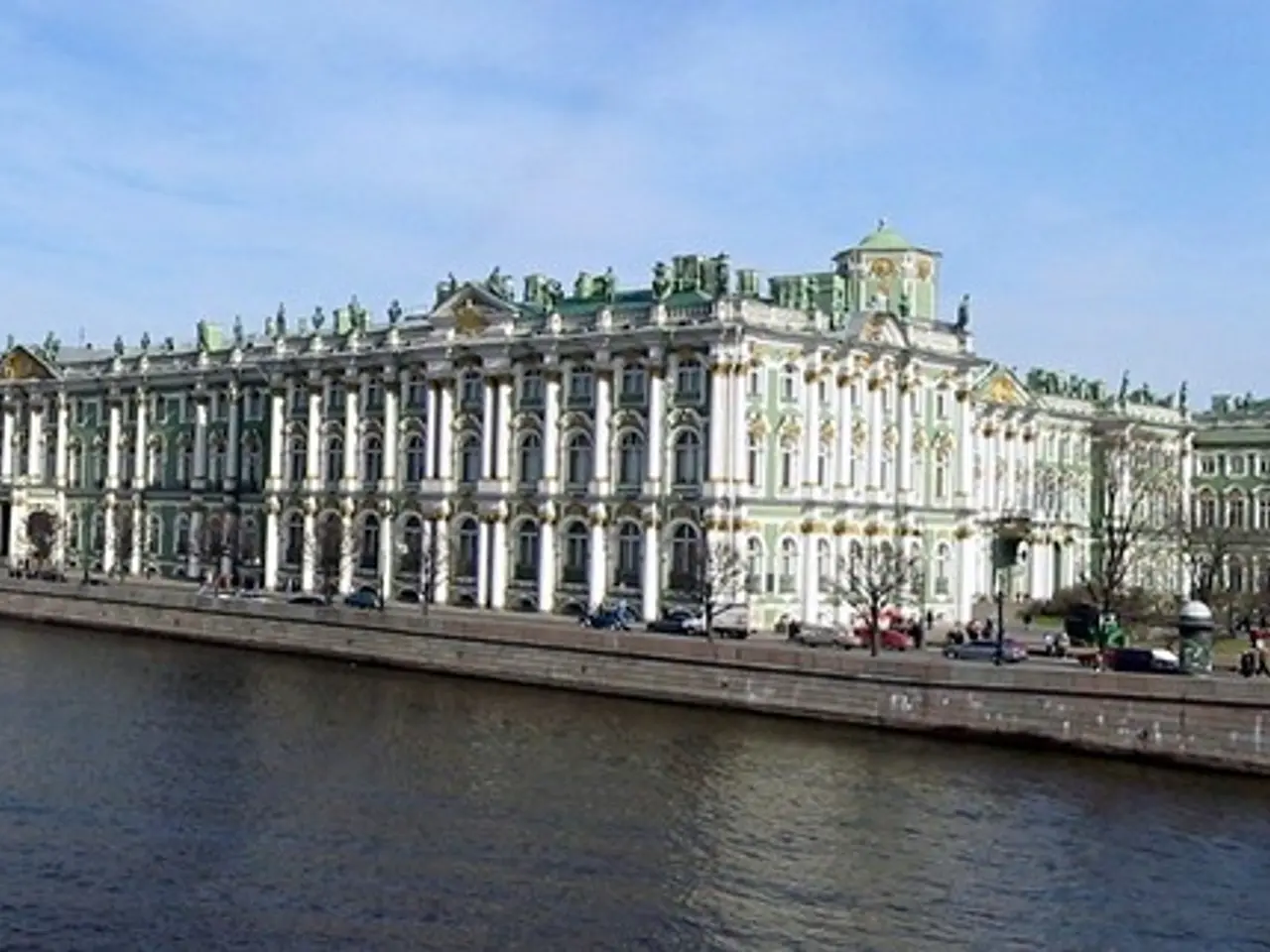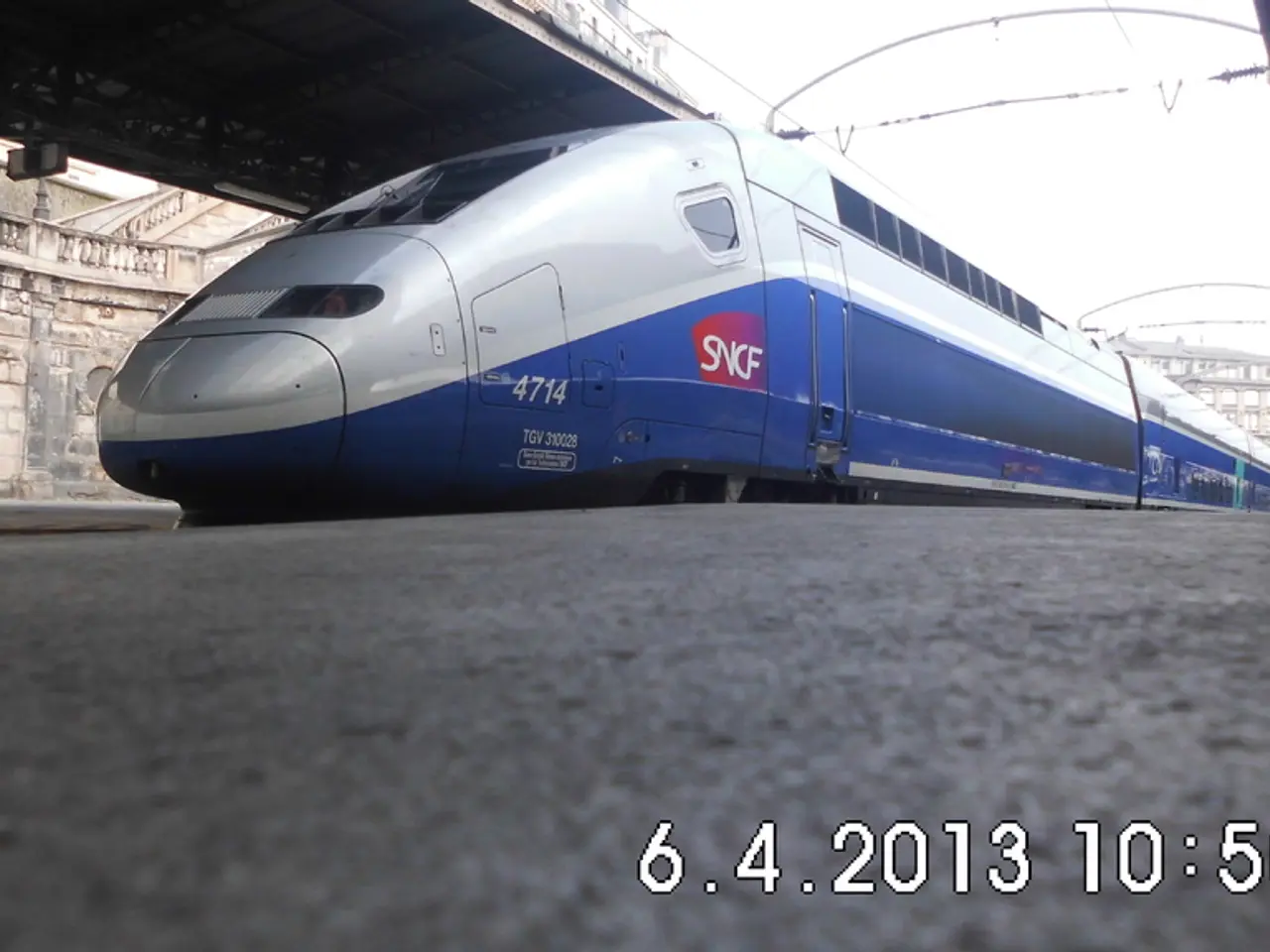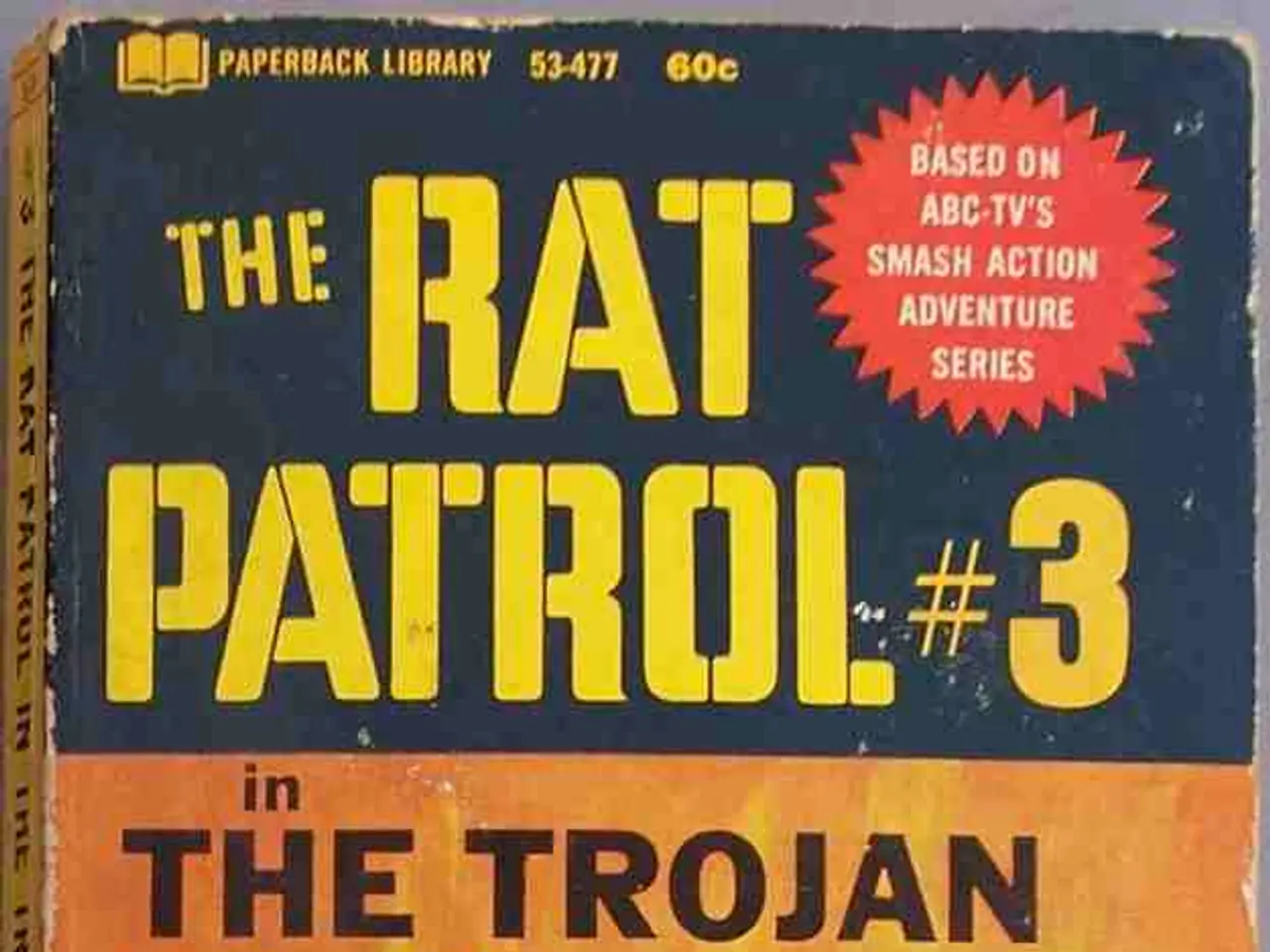Estonian Foreign Minister expresses how the Song and Dance festival serves as a means of national unity, during an interview with Politico.
The Estonian Song and Dance Festival, known as Laulu- ja Tantsupidu, has a rich history dating back to 1869 in Tartu during a period of national awakening under the Russian Empire. This cultural event, considered older than the Republic of Estonia itself, serves as a significant symbol of national unity and a testament to the resilience and determination of the Estonian people.
The first festival featured only two original Estonian songs derived from patriotic texts, marking the start of a long tradition. Subsequent festivals occurred regularly from 1879 to 1910. The festival played a crucial role during challenging periods, such as Soviet occupation, becoming a symbol of peaceful cultural resistance. It was particularly inspiring during the Singing Revolution of the late 1980s, a revolution of mass singing and nonviolent protest that was instrumental in Estonia and other Baltic states regaining independence from the USSR.
The Tallinn Song Festival Grounds, featuring the iconic Song Festival arch built in 1959, became a central venue for these massive gatherings, accommodating tens of thousands of performers and audiences. The design of the arch, combining engineering ingenuity, also reflects the importance of the festival as a cultural landmark.
Today, the festival remains a vital expression of Estonian national pride and unity, gathering tens of thousands of performers and audiences every five years, including members of the Estonian diaspora worldwide. It acts as a unifying force especially in times of geopolitical uncertainty, such as during Russia’s war in Ukraine.
The festival is not only a celebration of Estonian culture but also a platform for promoting it on a global stage, attracting participants from all over the world. Margus Tsakhkna, the Foreign Minister of Estonia, has emphasized the importance of the festival in maintaining Estonian identity and independence, and he has called for increased international support to protect the festival from potential threats.
In an interview with Politico, Tsakhkna discussed the festival's role in national unity and highlighted its significance in fostering diplomatic relations with other countries. He also expressed concerns about potential Russian interference in the festival, underscoring the festival's enduring role in stimulating national consciousness, acting as a peaceful cultural unifier, and playing a critical symbolic role in the formation and preservation of Estonian statehood and sovereignty.
References: [1] Estonian Song and Dance Festival. (n.d.). In Estonian World. Retrieved from https://estonianworld.com/estonian-song-dance-festival/ [2] Estonian Song Festival. (2021, August 25). In BBC News. Retrieved from https://www.bbc.com/news/world-europe-58256949 [3] Estonian Song Festival Grounds. (n.d.). In Visit Estonia. Retrieved from https://www.visitestonia.com/en/tallinn-song-festival-grounds [4] Estonian Song Festival Grounds. (2021, August 25). In Estonian World. Retrieved from https://estonianworld.com/estonian-song-festival-grounds/
Social media platforms are abuzz with discussions about the upcoming Estonian Song and Dance Festival, with many sharing photos and videos of rehearsals and preparations. This global audience reflects the festival's role as a platform for promoting Estonian culture to a wider audience.
Moreover, despite the festival's rich history rooted in national unity, it has also become a source of entertainment for many, offering a unique blend of music, dance, and cultural heritage.
